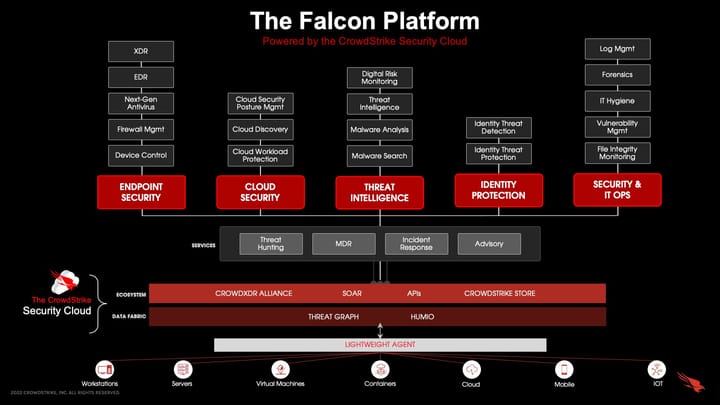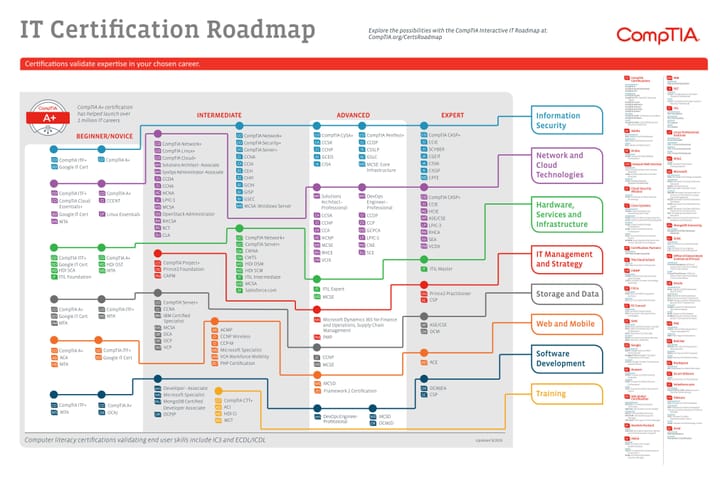What is a CISO and Does Your Business Need One?

In an era where cyber threats are becoming increasingly sophisticated, the role of a Chief Information Security Officer (CISO) has gained significant prominence. The CISO plays a crucial role in safeguarding an organisation’s sensitive information, ensuring compliance with regulations, and mitigating cybersecurity risks. In this blog post, we'll explore the responsibilities of a CISO and help you determine whether your business needs one.
Understanding the CISO Role:
1. Guardian of Information Security:
The primary responsibility of a CISO is to safeguard an organisation’s information and technology assets. This includes protecting sensitive data, intellectual property, and ensuring the confidentiality, integrity, and availability of information.
2. Risk Management:
CISOs are tasked with identifying and managing cybersecurity risks. They conduct risk assessments, implement security measures, and develop strategies to mitigate potential threats, keeping the organisation resilient against cyber-attacks.
3. Regulatory Compliance:
In today's regulatory environment, businesses must adhere to various data protection and privacy laws. CISOs ensure that their organisations comply with these regulations, avoiding legal consequences and reputational damage.
4. Incident Response and Recovery:
Cybersecurity incidents are inevitable. CISOs lead the incident response team, rapidly addressing and containing security breaches. They also develop recovery plans to minimise the impact of an incident on the organisation’s operations.
5. Security Awareness and Training:
CISOs establish a security-conscious culture within the organisation by providing training and awareness programs. Educated employees are a crucial line of defence against social engineering and other cyber threats.
Does Your Business Need a CISO?
1. Size and Complexity:
Larger organisations with complex IT infrastructures and a significant amount of sensitive data are more likely to benefit from a dedicated CISO. Small businesses may not need a full-time CISO but should still prioritise cybersecurity.
2. Industry Regulations:
Industries such as finance, healthcare, and government are subject to stringent cybersecurity regulations. If your business operates in a regulated sector, having a CISO is often a necessity for compliance.
3. Data Sensitivity:
If your business deals with highly sensitive information, such as customer data or proprietary research, having a CISO is essential to protect these assets from cyber threats.
4. Risk Appetite:
Consider your organisation’s risk appetite. If your business is risk-averse and aims to prioritise cybersecurity, investing in a CISO can be a proactive approach.
5. Cybersecurity Maturity:
Assess your organisation’s current cybersecurity maturity level. If you lack a comprehensive cybersecurity program or have experienced security incidents, bringing in a CISO can help elevate your security posture.
Conclusion:
In today's interconnected and digital business environment, the role of a CISO is more critical than ever. While not every business may require a full-time CISO, it's essential to recognise the importance of cybersecurity and take proactive measures to protect your organisation. Whether through a dedicated CISO, outsourcing to a managed security service provider, or other strategies, prioritising cybersecurity is an investment in the long-term success and resilience of your business against the ever-evolving landscape of cyber threats.



Comments ()